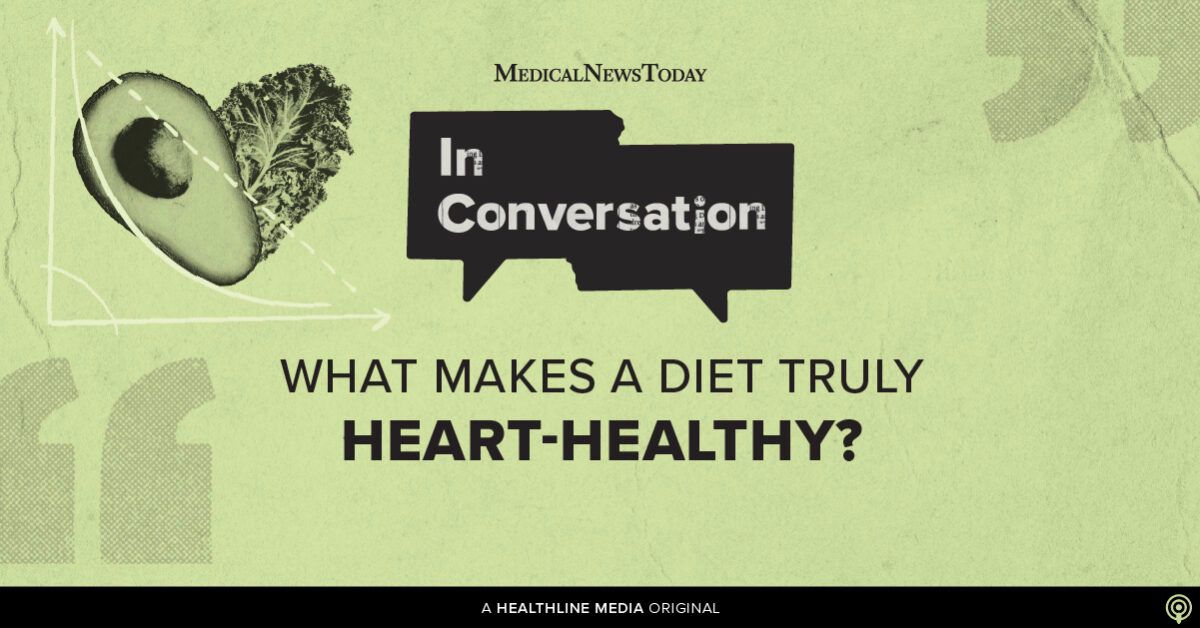Two recent nutrition studies have brought attention to the impact of dietary choices on heart health. The first study, published in The American Journal of Clinical Nutrition, found that plant-based meat substitutes did not offer significant benefits to heart health compared to actual animal meat. The second study, presented at the American College of Cardiology’s Annual Scientific Session, revealed that 89% of adults with cardiovascular disease consumed double the recommended allowance of sodium. These findings raise questions about the importance of a heart-healthy diet and which foods to include or avoid.
To better understand the key components of a heart-healthy diet, it is important to consider the impact of certain foods on cardiovascular health. Regardless of whether they are plant-based or animal-based, some foods can be detrimental to heart health. Excess sodium intake, in particular, has been linked to an increased risk of cardiovascular disease. The American Heart Association recommends a daily limit of 1,500 milligrams of sodium, but many adults exceed this amount, putting their heart health at risk.
In order to promote heart health, it is important to focus on a balanced and nutritious diet. Foods that are high in saturated fats, cholesterol, and sodium should be limited or avoided. Instead, incorporating more fruits, vegetables, whole grains, and lean proteins can help to support heart health. By choosing a variety of nutrient-dense foods, individuals can reduce their risk of heart disease and improve overall well-being.
Professor Oyinlola Oyebode, a public health expert from Queen Mary, University of London, offers insights into the importance of dietary choices for heart health. As a specialist in behavioral risk factors for noncommunicable diseases, including diet-related issues, Oyebode provides valuable information on how diet influences cardiovascular health. By following heart-healthy dietary tips and making conscious food choices, individuals can take steps towards improving their heart health and reducing their risk of cardiovascular disease.
In conclusion, the impact of diet on heart health is significant, as evidenced by recent nutrition studies highlighting the importance of a heart-healthy diet. By being mindful of food choices and prioritizing nutrient-rich foods, individuals can support their cardiovascular health and reduce their risk of heart disease. Choosing a diet that is low in saturated fats, cholesterol, and sodium, and high in fruits, vegetables, whole grains, and lean proteins, is key to promoting heart health. With the guidance of experts like Professor Oyinlola Oyebode, individuals can make informed decisions about their dietary habits and take proactive steps towards better heart health.











